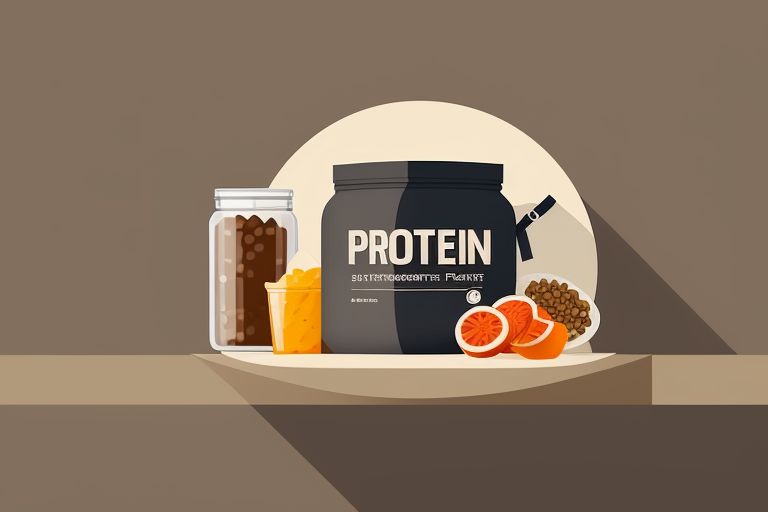When we avoid processed and synthetic foods, we avoid seed oils. Why might we want to do that? Because there appears to be a connection between seed oil consumption and cardiovascular disease. The connection between seed oils, fat oxidation, trans fats, and cardiovascular disease is complex and involves various factors related to dietary fats. Here’s a breakdown of the key elements in this connection:
- Seed Oils:
- Seed oils, such as soybean oil, corn oil, and sunflower oil, are commonly used in cooking and food processing.
- These oils are rich in polyunsaturated fatty acids (PUFAs), particularly omega-6 fatty acids. While omega-6 fatty acids are essential for the body, an imbalance in the ratio of omega-6 to omega-3 fatty acids may contribute to inflammation.
- Fat Oxidation:
- Fat oxidation refers to the process by which the body breaks down and uses fats for energy.
- PUFAs, including those found in seed oils, are susceptible to oxidation. Oxidation can lead to the formation of free radicals, which may contribute to oxidative stress and inflammation.
- Trans Fats:
- Trans fats are unsaturated fats that have undergone a process called hydrogenation, which makes them more solid and stable at room temperature.
- Trans fats can be found in partially hydrogenated oils, which were once widely used in processed foods to improve shelf life and texture.
- Consumption of trans fats has been linked to an increased risk of cardiovascular disease. Trans fats can raise LDL (low-density lipoprotein) cholesterol levels while lowering HDL (high-density lipoprotein) cholesterol, creating an unfavorable lipid profile.
- Cardiovascular Disease (CVD):
- Cardiovascular disease encompasses a range of conditions affecting the heart and blood vessels, including coronary artery disease, heart attacks, and strokes.
- Dietary factors play a significant role in the development and progression of cardiovascular disease. High intake of trans fats and an imbalance in the omega-6 to omega-3 fatty acid ratio are associated with an increased risk of CVD.
Key Points:
- Excessive consumption of seed oils, especially those high in omega-6 fatty acids, may contribute to inflammation and oxidative stress.
- Trans fats, often found in processed foods, can negatively impact cholesterol levels and increase the risk of cardiovascular disease.
- A balanced and varied diet that includes a mix of healthy fats, such as monounsaturated and polyunsaturated fats, along with omega-3 fatty acids, is recommended for cardiovascular health.
It’s important to note that recommendations regarding dietary fats and cardiovascular health may evolve as new research emerges. Consulting with a healthcare professional or a registered dietitian for personalized dietary advice is advisable.



